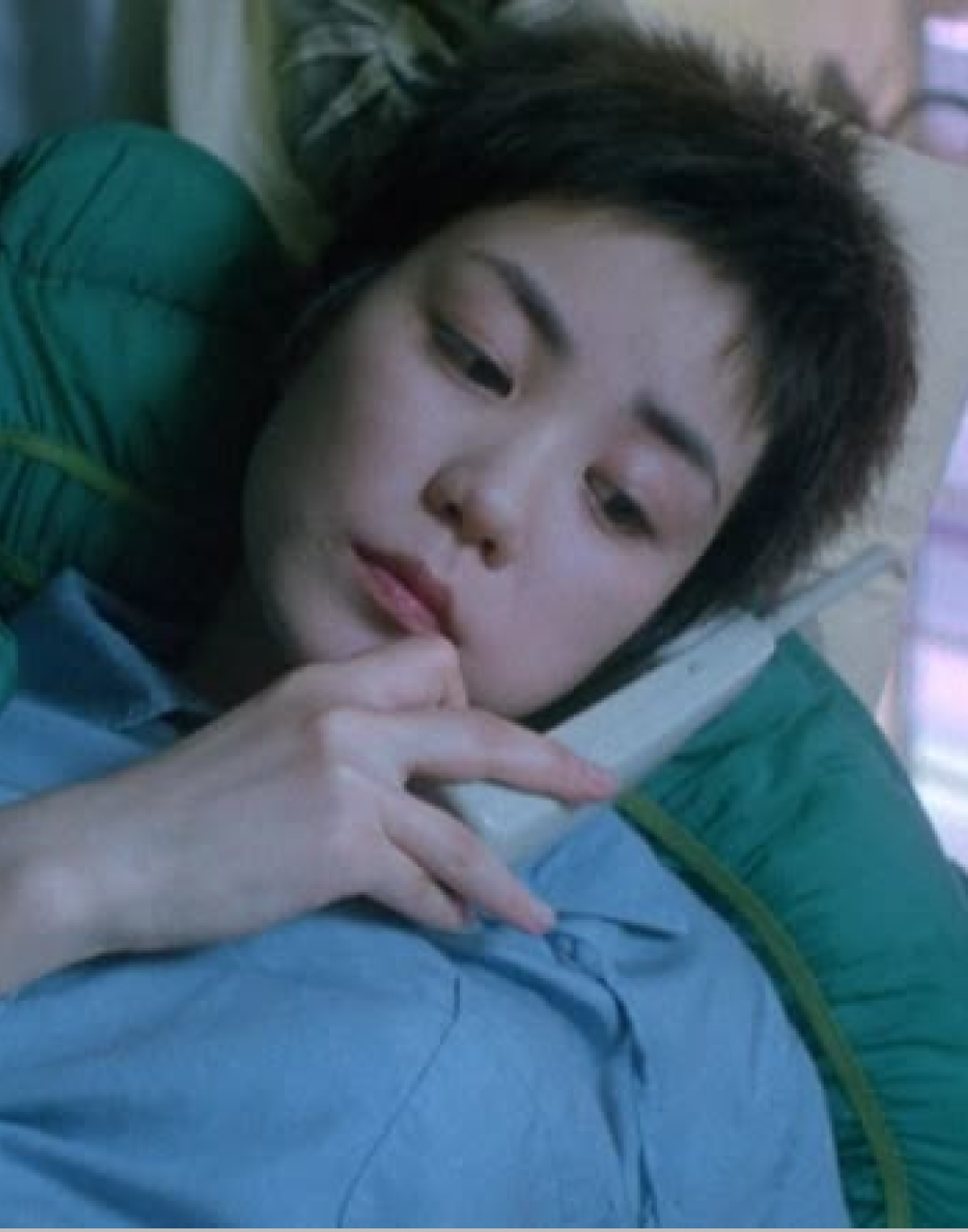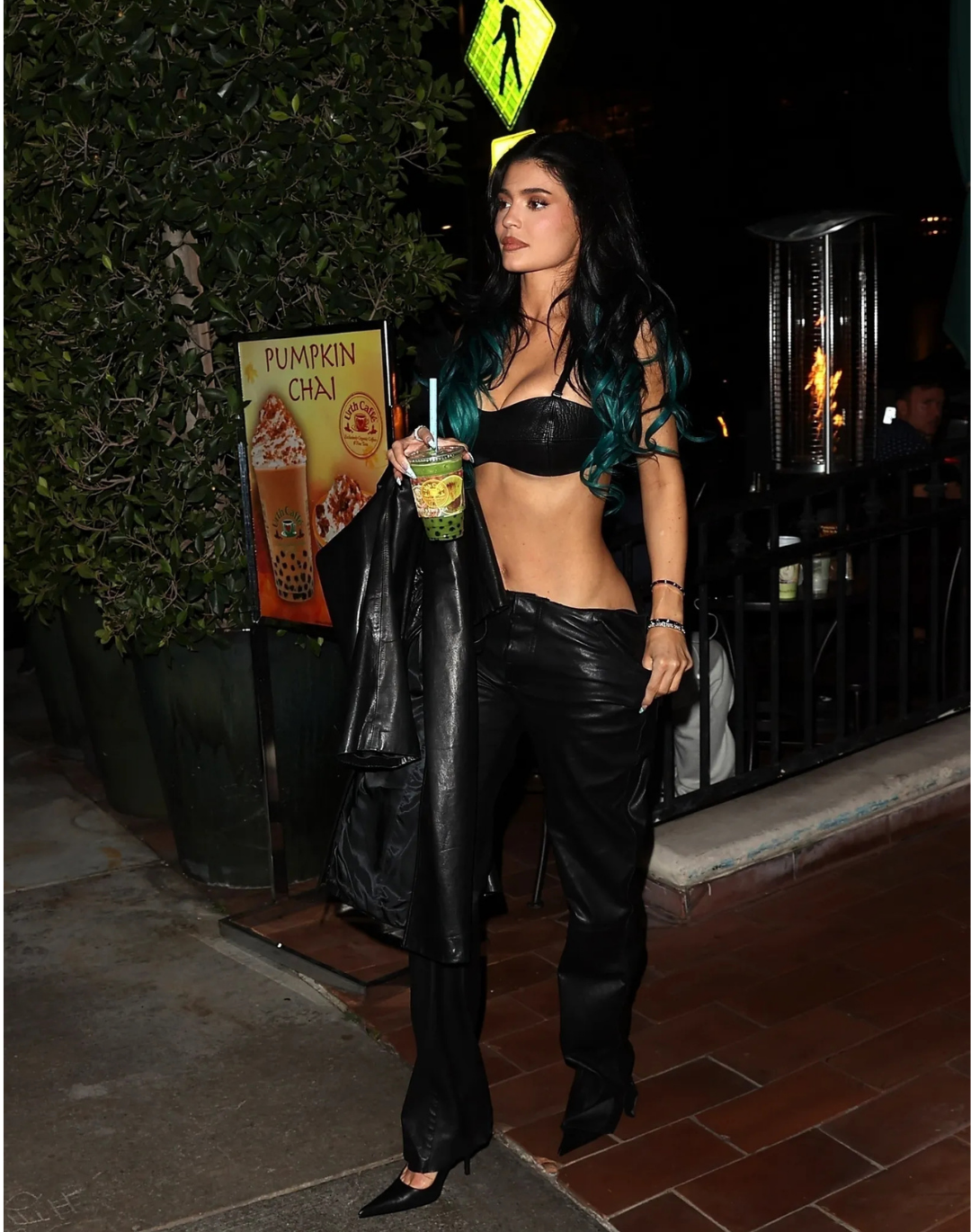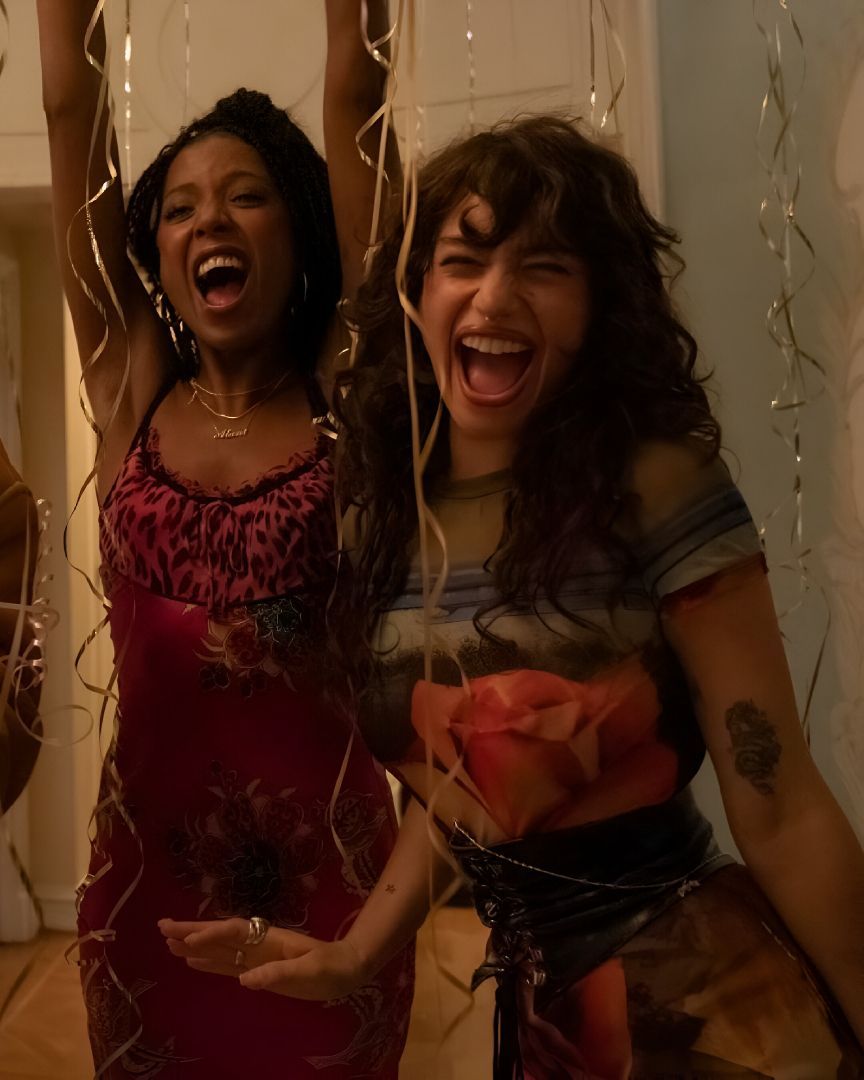
Se coucher tard n'est plus à la mode Est-il vrai qu'après 21h il ne se passe plus rien d'intéressant ?
Popular sayings, cinema, music, television, and other cultural means have told us how the night is the moment of the day during which one can find the right inspiration, or simply a period of time in which extraordinary things can happen more easily. While on one hand it is said that the night brings advice, other sayings like "The morning has gold in its mouth" suggest the opposite. Establishing which of the two time slots is the best for making our brain work is a relative matter, as it depends on many factors: cultural aspects, working hours, speed of daily tasks execution, but also health issues and possible pandemics. Regarding this topic, it is worth mentioning an article from the Wall Street Journal which testifies how people defined as "twentysomething", between 20 and 29 years old, tend to fall asleep earlier than in the past. According to the same newspaper, a 2022 study revealed that in the United States, people in this age group sleep an average of 9 hours and 28 minutes, an 8% increase compared to the 8 hours and 47 minutes in 2010. The data collected at the beginning of 2024 further reinforce the trend of younger people going to bed early. Young people between the ages of 18 and 34 go to bed, on average, at 10:08, as shown by the two million people whose sleep hygiene was analyzed by the WSJ.
The impact of Covid-19 on sleep
@jojoasmr fall asleep in 5 minutes! #asmr #asmrsounds #asmrtiktoks #asmrvideo #jojoasmr #asmrsleep #asmrsleeprelax #longasmr original sound - jojo
The pandemic that broke out in 2020 has changed - temporarily or irreversibly - the sleep habit of many, young and old. While for those who at the time did not have a stable job, and therefore were not overwhelmed by the rise of smart working, the days anesthetized emotions and turned off any effort to find a hobby, more than a few "brave" people saw in the continuation of the pandemic a favorable opportunity to try new activities. This is why many "health-bros" have developed a passion for fitness during lockdown: from exercising on a gym mat in their own bedroom, a pretext was born to discover many other new aspects that contribute to making the routine healthier, such as following a regular sleep cycle.
The role of FOMO and TikTok trends
@gracie_norton night isn’t complete without a nice little beverage & something sweet!!
As shown by some TikTok trends, it seems that Generation Z is actually interested in sleeping more than in the past. An example is the virality reached on the social network by ASMR sounds, which would promote relaxation and sleep, but also from the sleepy girl mocktail. The latter was launched by wellness influencer Gracie Norton and is a non-alcoholic cocktail made with cherry juice, magnesium, and soda, a combination of ingredients that promises a night of undisturbed sleep, whose popularity coincides with the Dry January, the period without alcohol introduced to recover from the Christmas holidays. So, it's time to welcome mocktails (i.e., non-alcoholic drinks), especially if they help with sleep problems. In a world where many can pay particular attention to showing off, we understand perfectly well who can't fall asleep early because of FOMO, the form of social anxiety characterized by the constant need to stay connected to the activities of others.
Especially in certain sectors like fashion, sports, and music, it's not true at all that nothing interesting happens after 9:00 pm; on the contrary, it could be exactly the opposite. Tim Dowling, a journalist for The Guardian, pushed by the advice of a nineteen-year-old, tried to go to bed at 9:00 pm for a week. Sleeping about 11 hours a night, he felt exhausted, bored, and dissatisfied, eventually advising against this pace to the newspaper's readers. So, as we all know, not all trends come to stay, but above all not all can materialize in the same way for each person. On the other hand, not dedicating time to our interests at the end of the day, especially after a hard day of work, sounds like a waste of time, an opportunity not taken to get away from work dynamics. And if young people go to bed earlier, in front of a screen, because they are exhausted from the absurd (and often underestimated) work rhythms of today?


























